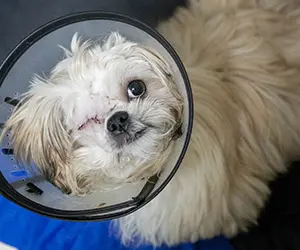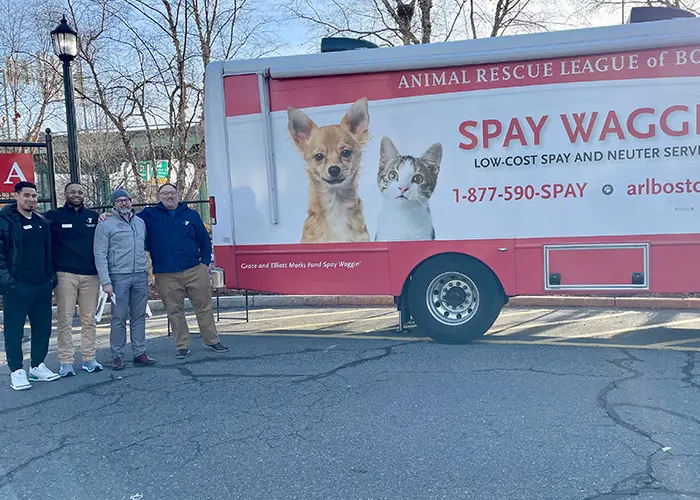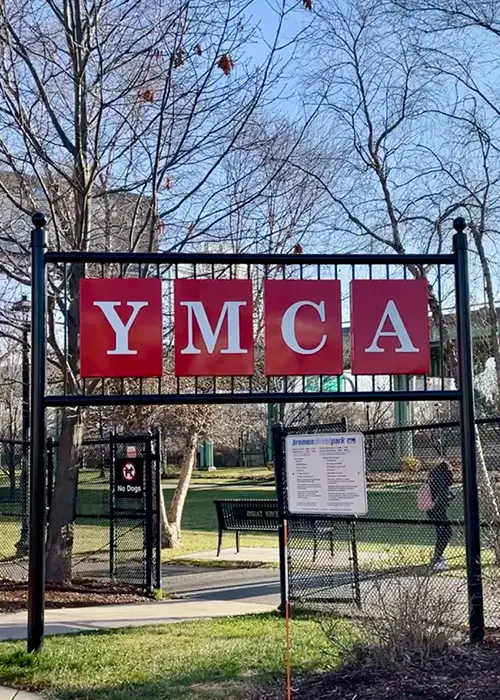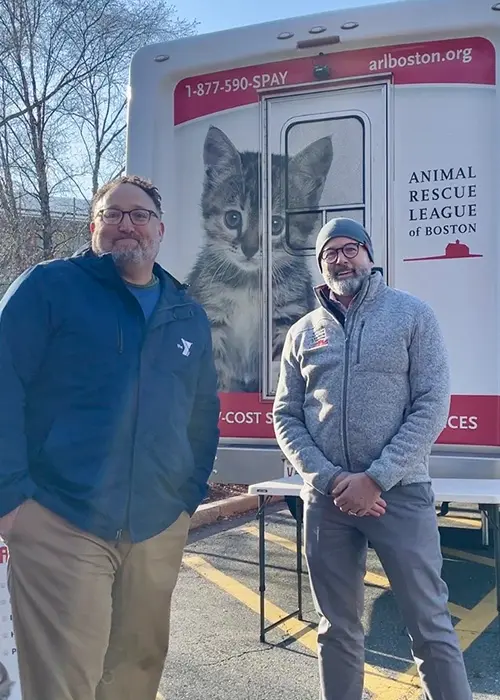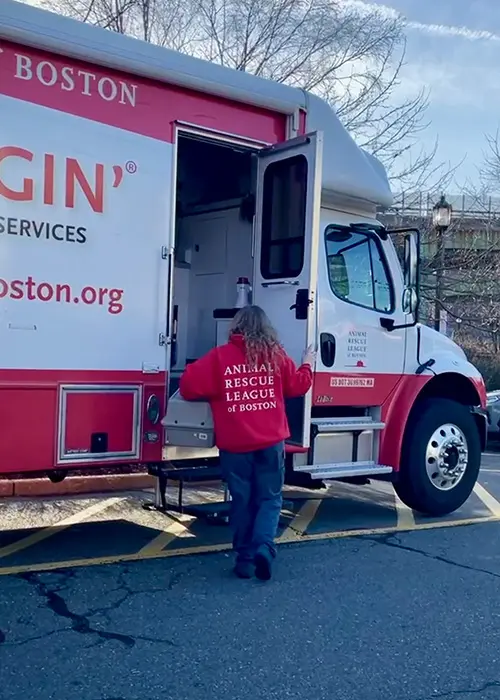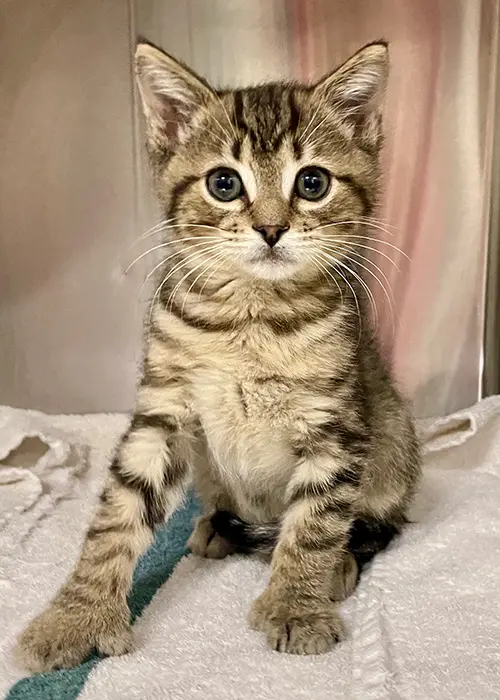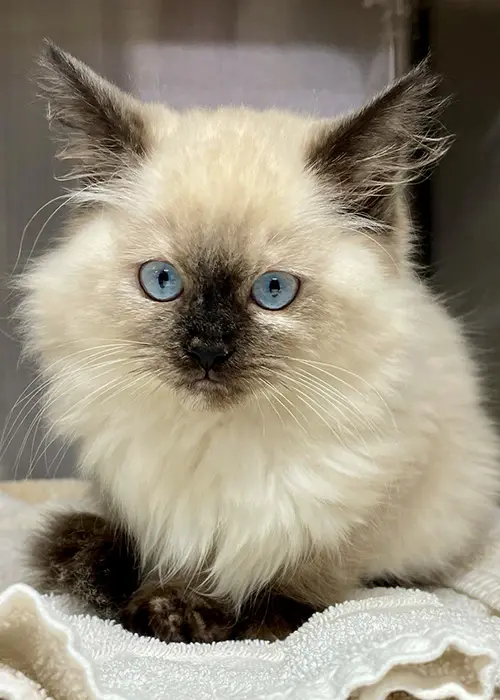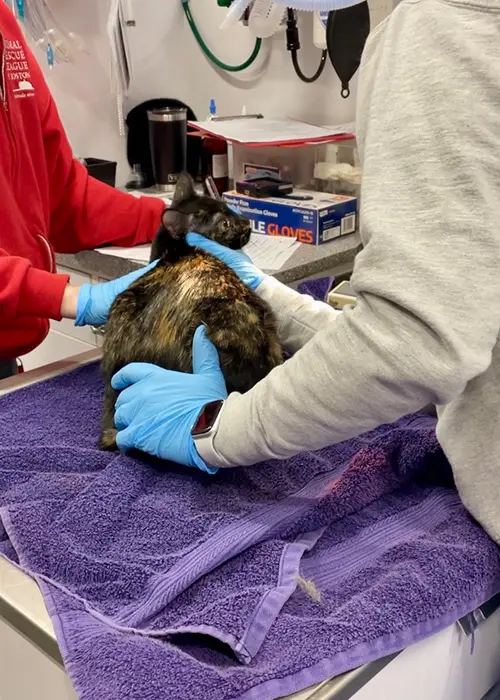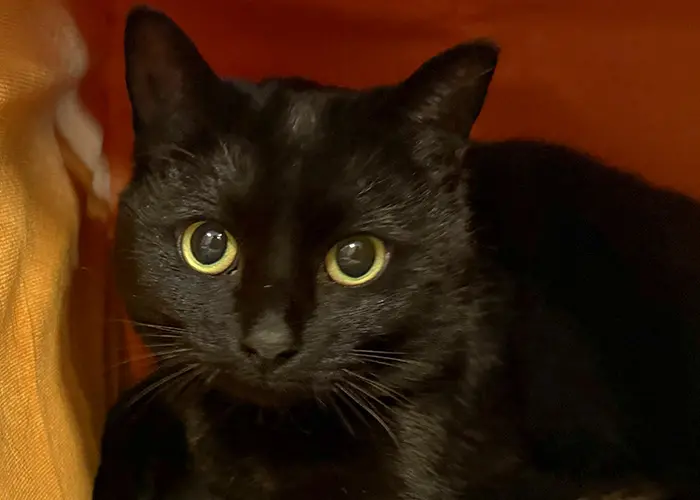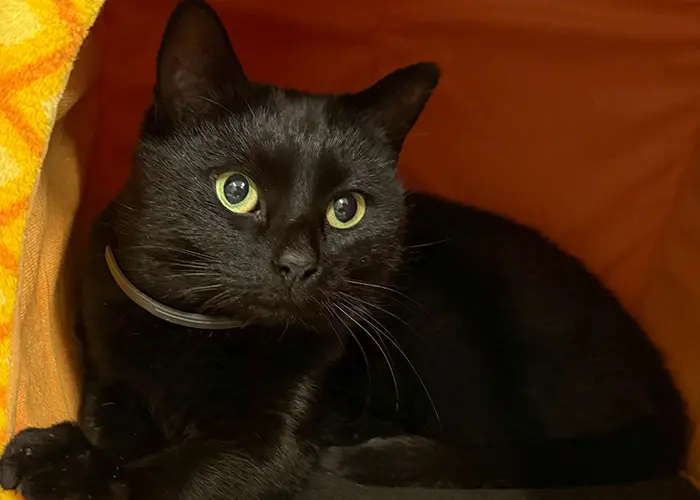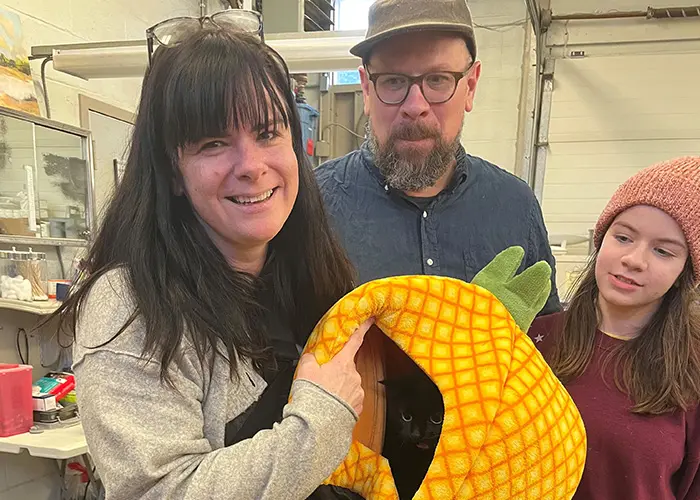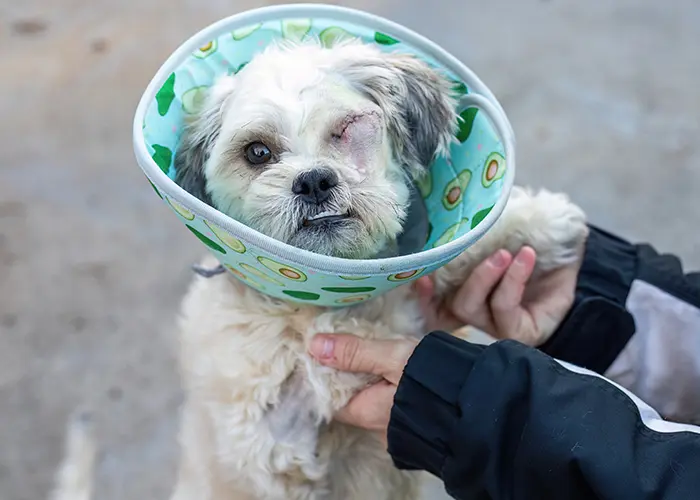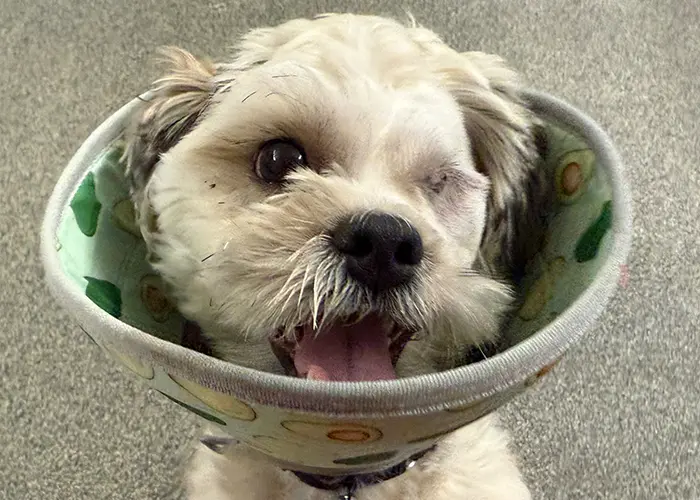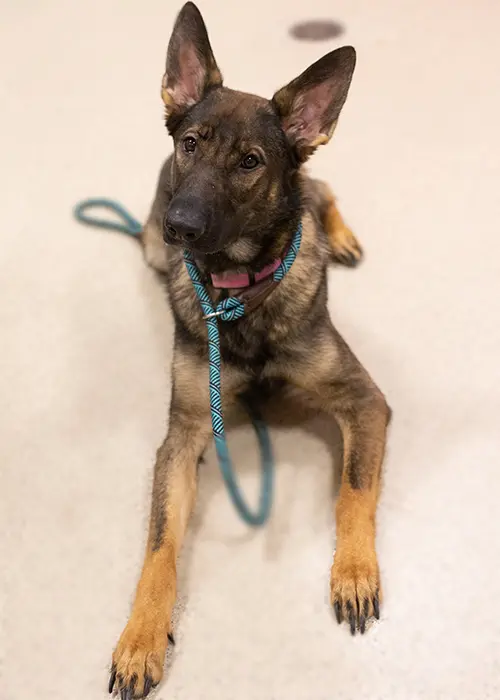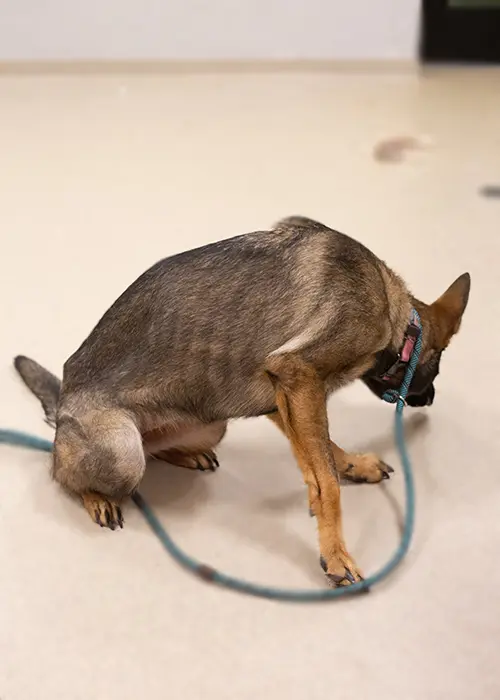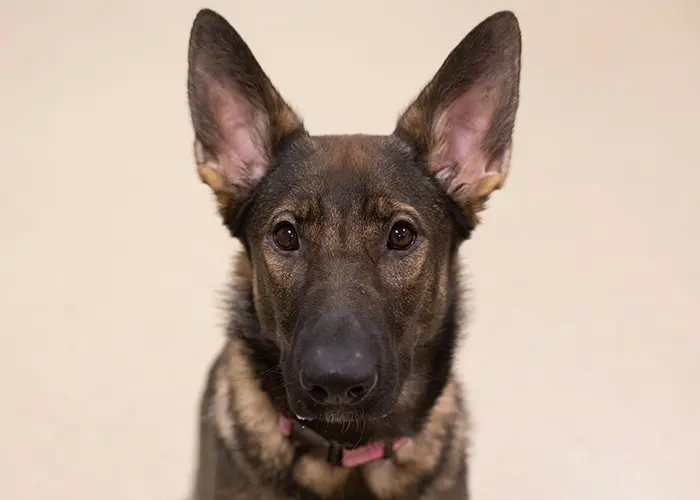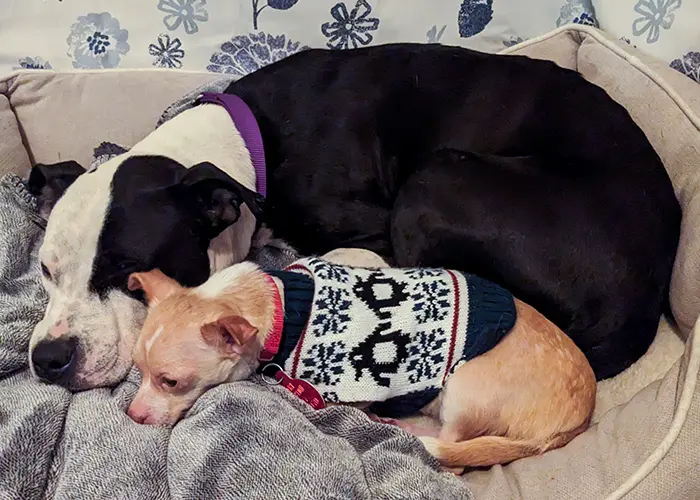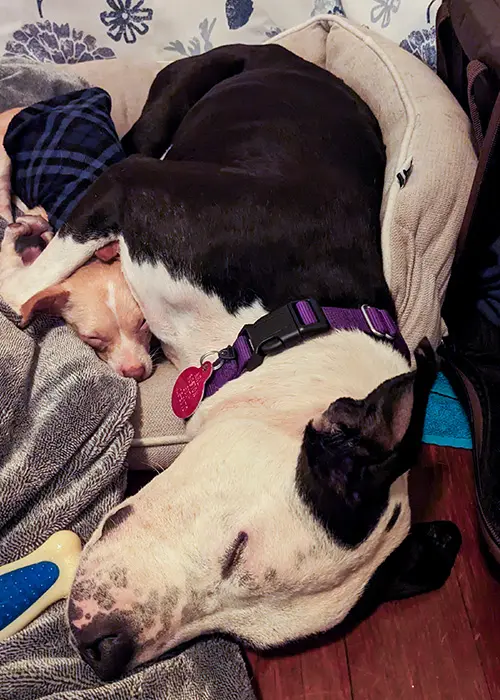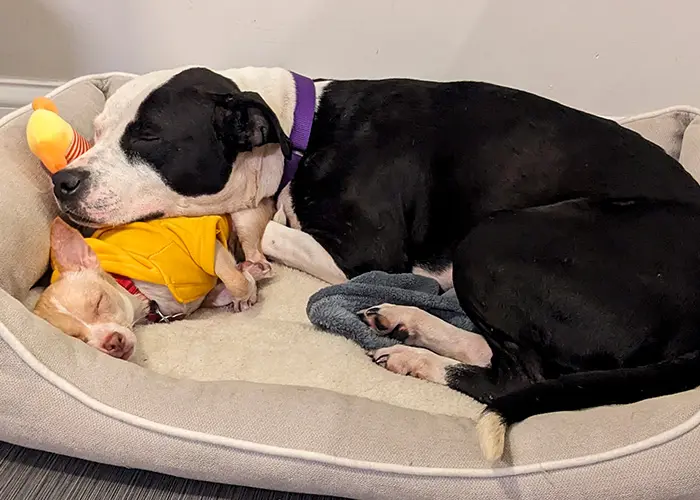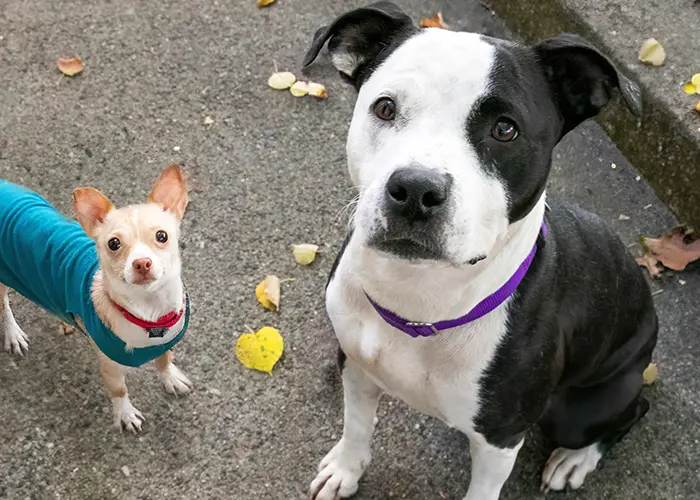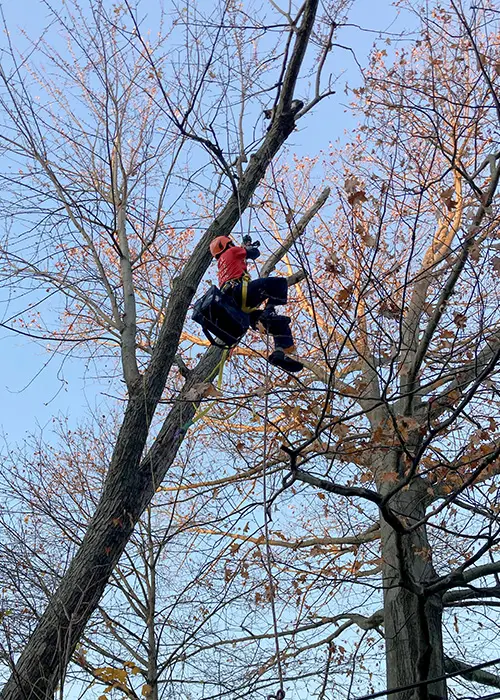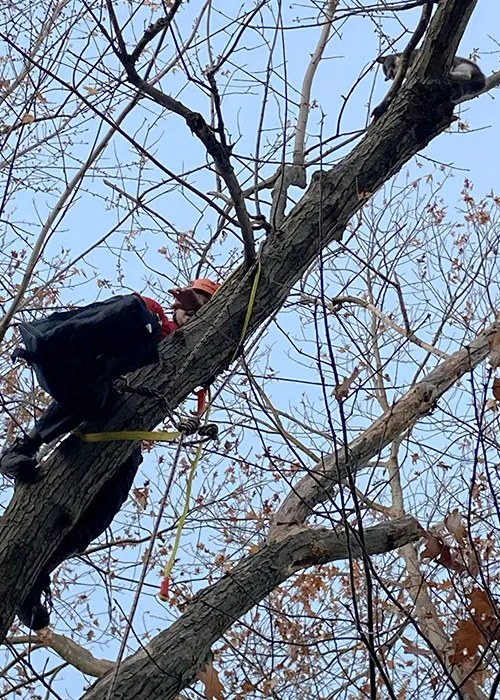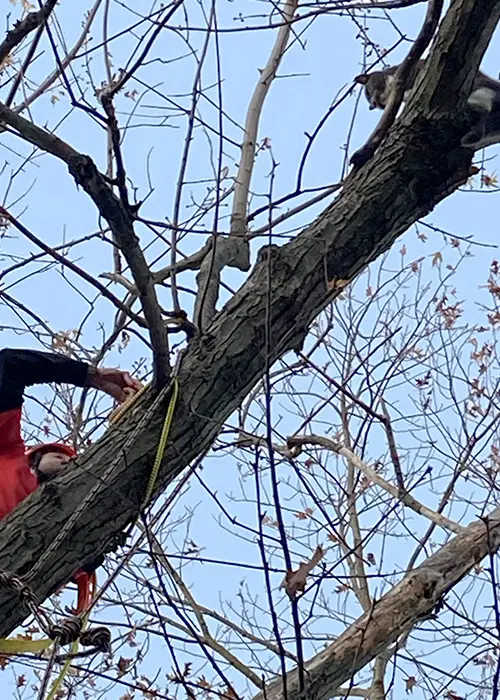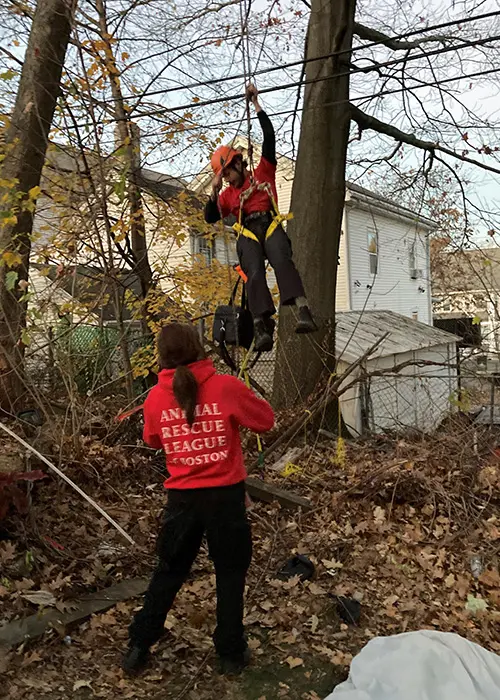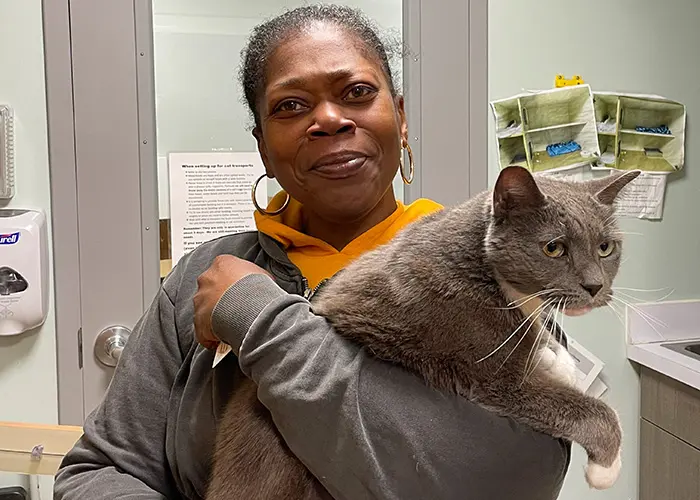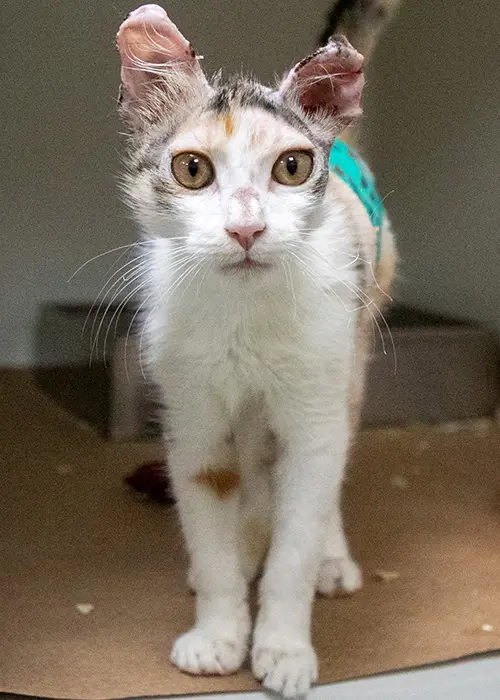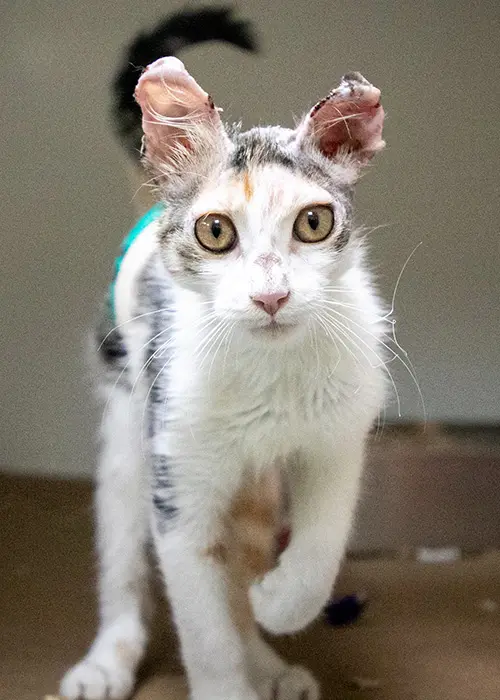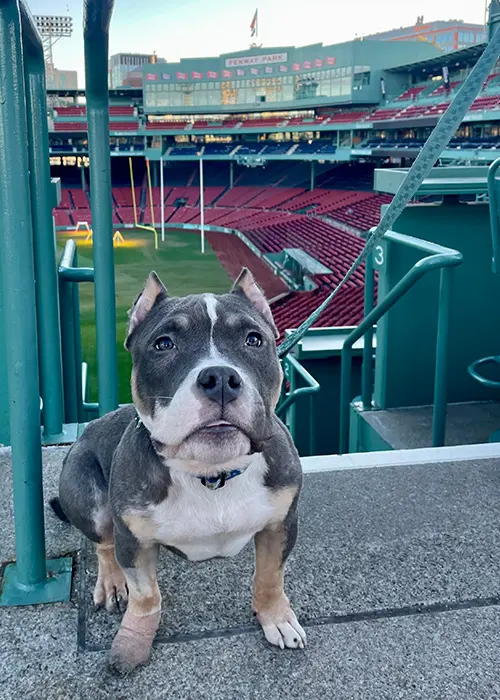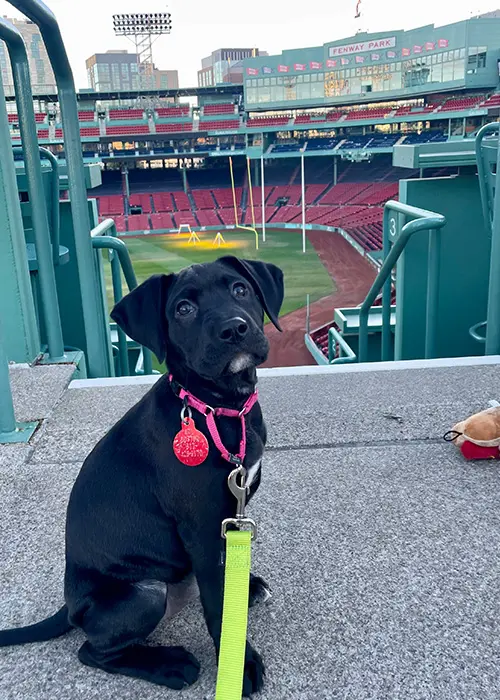Injured Stray Dog Recovering at ARL
Stray dog needed emergency surgery
The Animal Rescue League of Boston (ARL) is caring for a Shih Tzu puppy that was found alone in Jamaica Plain just before the New Year and needed emergency surgery due to an eye injury.
The animal is recovering, but still has a way to go before finding his new home.
Louie, an 8-month-old Shih Tzu, was found along a cold and damp Boylston Street in Jamaica Plain on December 28, and taken to a veterinary clinic for an initial assessment.
Boston Animal Care and Control was contacted to retrieve the dog, and because of the nature of his injury, contacted ARL’s Boston Animal Care and Adoption Center to provide emergency care and support.
The dog did not have a microchip or identification tags, but had suffered from a ruptured corneal ulcer, causing extreme pain and discomfort; an umbilical hernia was also discovered upon examination at ARL.
ARL’s community and shelter medicine team performed surgery to remove the injured eye and repaired the hernia.
Louie is pain-free and recovering well, however, he will not be made available for adoption until he is healthy enough to go home.
ARL is a Resource
ARL is a resource to pet owners and to partners like Boston Animal Care and Control, but emergency services and surgery do come at a high cost.
To date, Louie’s cost of care is several thousand dollars, and ARL is seeking financial support to help offset the cost of his medical needs. Please consider donating today.


